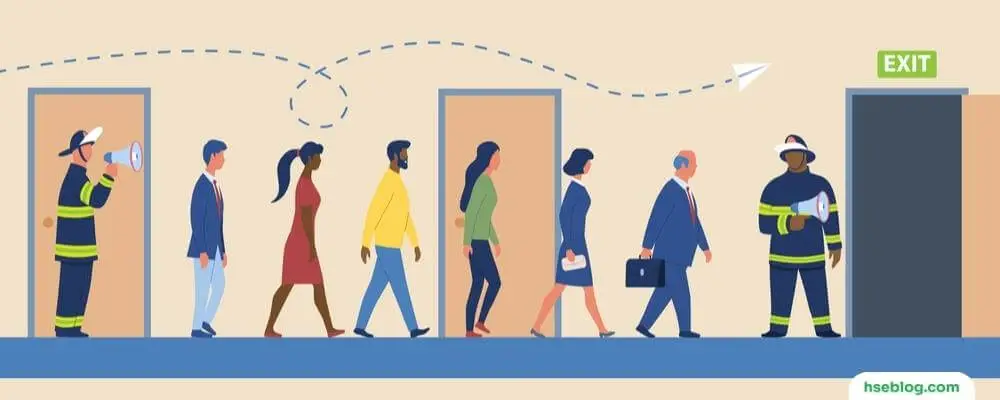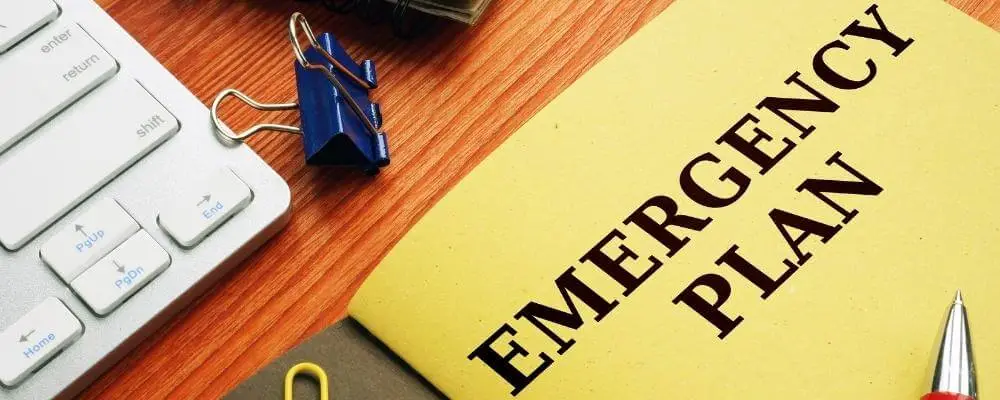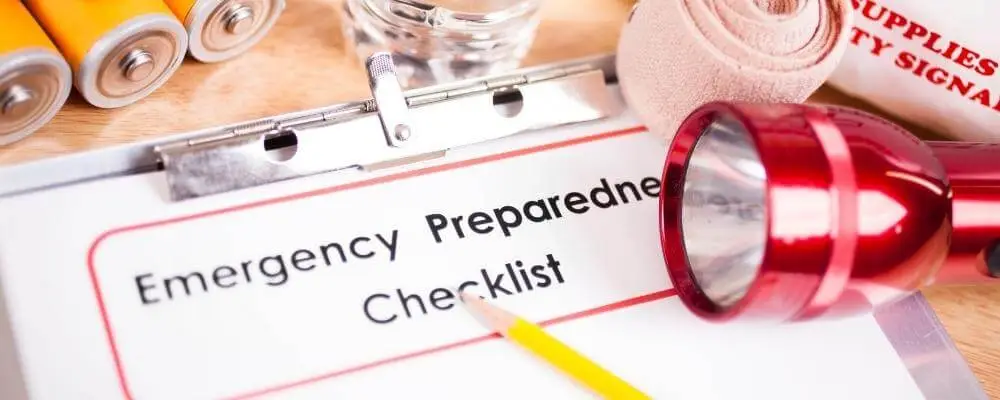Understanding the importance of practicing emergency procedures is crucial to maintaining organizational safety. In this blog post, we will dive deep into the myriad reasons why these procedures, often seen as routine or even tedious, can play a pivotal role during times of crisis.
This guide aims to show how rehearsing emergency procedures regularly equips individuals with the necessary skills and knowledge to handle unexpected situations and fosters a culture of safety and teamwork. Furthermore, we will discuss the wider implications of these practices, such as their impact on legal liability, risk management, and an organization’s reputation.
This blog is intended for everyone – from employers striving to enhance safety measures in their workplace, employees wondering about the significance of these drills, to anyone interested in understanding safety protocols better.

Why Is It Important To Practice Emergency Procedures?
Practicing emergency procedures is essential for any organization, whether it’s a business, a school, a government agency, or any other type of group. These drills are critical in ensuring the safety and well-being of all individuals within the establishment. Below are some of the reasons why it’s vital to rehearse emergency protocols:
1. Preparation for Unexpected Events
The world is unpredictable, and emergencies can occur at any moment. Such incidents can range from fires, natural disasters, medical emergencies to security threats. In such scenarios, there’s very little time to plan a response or to learn the necessary steps to ensure safety. By practicing emergency procedures regularly, members of an organization can better understand what they need to do when a real crisis strikes. This prepares everyone to respond effectively and promptly, reducing the potential for confusion and panic.
2. Familiarity with Safety Equipment and Procedures
Regular drills help employees and members of an organization become familiar with the tools and resources available for handling emergencies. This might include understanding how to use fire extinguishers, where the emergency exits are located, how to perform CPR, or how to communicate with emergency services. Being familiar with these resources and how to use them can save precious time during a crisis.
3. Identifying Weaknesses in Emergency Planning
When we conduct simulations or drills, it helps expose potential weaknesses in the emergency plan. These can include issues like shortage of equipment, inadequate training, or inefficient evacuation routes. By revealing these weaknesses, organizations can address them before an actual emergency occurs, thereby improving the effectiveness of their response.

4. Boosts Confidence and Morale
Regularly practicing emergency procedures can also instill confidence among employees or organization members. When people are confident about their ability to handle a crisis, they are less likely to panic, which can make a significant difference in an emergency situation. This also helps improve overall morale, as it demonstrates the organization’s commitment to the safety and well-being of its members.
5. Promotes a Culture of Safety
Conducting regular emergency drills sends a clear message to all organization members that safety is a top priority. It fosters a culture of safety where everyone is aware of potential risks and understands their role in preventing and responding to emergencies. This not only helps in ensuring swift and efficient responses to crises but also promotes proactive measures to prevent such incidents from occurring.
6. Compliance with Regulations
In many jurisdictions, regular practice of emergency procedures is a regulatory requirement. Conducting these drills ensures that the organization complies with these regulations, avoiding potential legal and financial repercussions.
7. Maintains Business Continuity
Effective handling of emergencies can minimize the disruption to operations in a business setting. Training and prepared employees can respond to and recover from emergencies more quickly, ensuring the business can operate with minimal impact.

Additional Reasons Why Is It Important To Practice Emergency Procedures?
There are other reasons why it’s important to practice emergency procedures. They are:
- Encourages Teamwork and Communication: In an emergency, everyone needs to work together to ensure everyone’s safety. Regular practice of emergency procedures can promote teamwork and improve communication among staff members. This collaboration is invaluable in a real crisis, where effective communication can be a matter of life and death.
- Helps in Prioritizing Safety Over Productivity: In high-stress situations, people may be more concerned with getting their job done than following safety procedures. By regularly practicing these procedures, organizations can reinforce that safety should never be compromised for productivity.
- Reduces Liability: If an organization fails to adequately prepare for emergencies, it could be held legally responsible for any employee harm. An organization can reduce its liability risk by practicing and implementing strong emergency procedures.
- Helps in Risk Assessment: Regular drills can help identify potential organizational risks. For example, a fire drill may reveal that certain building areas are particularly hazardous in the event of a fire. These insights can inform future risk management efforts, making the workplace safer overall.
- Ensures Swift Medical Response: In case of a medical emergency, the quick administration of first aid can significantly impact the outcome. Regular practice ensures everyone knows what to do until professional help arrives, potentially saving lives.
- Maintains order and Reduces Chaos: In a real emergency, people’s natural reactions can range from freezing to panicking. Practicing emergency procedures regularly helps condition a calm and orderly response, reducing chaos and ensuring everyone knows what steps to take.
- Improves Emergency Services Coordination: Regular drills often involve coordination with local emergency services like the fire department or ambulance services. This practice ensures smoother, more effective cooperation during a real crisis and helps these services to familiarize themselves with your premises, leading to a more efficient response.
- Safeguards Reputation: Being ill-prepared for emergencies can damage an organization’s reputation, whereas effective response and preparedness can reinforce stakeholder trust. This trust can greatly benefit from improved employee retention and stronger customer relationships.
Conclusion
In conclusion, practicing emergency procedures is essential for any organization. Regular drills foster preparedness, instill confidence, identify potential risks, and promote a culture of safety. Moreover, they encourage teamwork, reinforce the priority of safety over productivity, reduce liability, and aid in risk assessment. They also ensure a swift medical response, maintain order, improve emergency services coordination, and safeguard the organization’s reputation.
The importance of these procedures cannot be overstated, as they protect the physical well-being of all members of an organization and contribute to the institution’s resilience, reliability, and overall reputation. Practicing emergency procedures is a crucial investment in safety that no organization should overlook.

